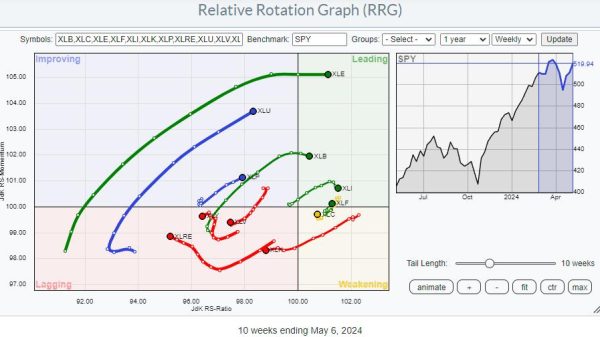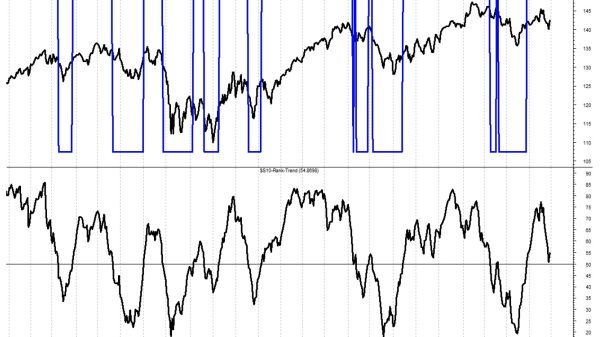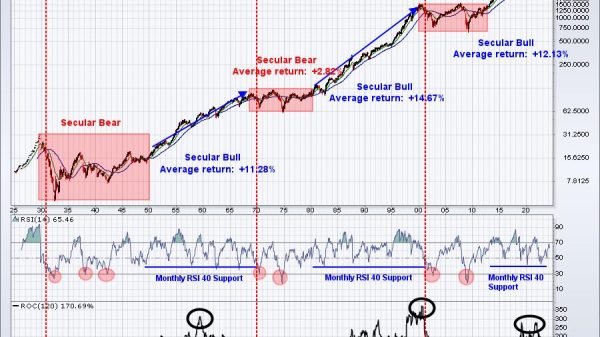SOURCE: THE CONVERSATION
Earth has just experienced its hottest month since records began and Australia is now gearing up for an El Niño-fuelled summer. Extreme heat isn’t just challenging for humans – it brings suffering to our beloved pets, too.
Research I was involved in examined how climate change affects the welfare of animals, including pets. My colleagues and I used a concept for assessing animal welfare known as the “five-domains model”. It’s a science-based structure for examining an animal’s:
nutrition
environment
physical health
behavior
mental state.
The model evaluates the complete physiological and behavioral responses of animals to environmental stressors. While the effects of climate change on animals have been studied before, ours is the first study to apply the model to animal welfare specifically.
We examined the academic literature and found climate change will harm animals across all five welfare domains. This applies to both wild and domesticated animals, including pets. So let’s take a look at how various types of pets will fare in a warming world – and how we can help them.
Fish are “ectotherms” – that is, they use external sources of heat to regulate their body temperature. So pet fish are vulnerable to changes in the water temperature of your home aquarium, which may occur during a heatwave.
Extreme water temperatures can cause physical harm to fish. For example, it can increase a fish’s metabolic rate – meaning it needs more oxygen to breathe . It can also cause changes such as slowed growth and reduced feeding.
According to official advice, water in an indoor aquarium should generally be kept at between 20℃ and 25℃ (unless you are keeping tropical fish).
Depending on your budget and aquarium size, you could opt to use a device to control the water temperature. Either way, it’s important to monitor the water temperature regularly.
Also make sure the aquarium isn’t located near a window where it’s exposed to direct sunlight.
Leaving your aquarium unattended for days or weeks in summer can be dangerous, due to the risk of heatwaves. If you’re going on a summer holiday, consider organizing a fish sitter to check on the animal regularly.
Heat stress can change the physiology of birds. For example, research into a wild population of small Australian robins showed during a heatwave, the birds lost body mass and abandoned their nests, and some died.
Heat stress can also cause abnormal behavior in pet birds such as feather picking, when one bird repeatedly pecks at the feathers of another.
In hot weather, regularly check your bird’s cage to make sure it’s clean and stocked with food and water. If the bird is in an outdoor cage or aviary, ensure it is shaded. And a shallow bird bath will help your feathered friend cool off.
Dogs and cats can suffer on hot days. That’s especially true if they are:
older or overweight
have thick coats
have short snouts/flat faces (which restricts air flow and makes it harder for them to cool down).
Heat stress can cause canine hyperthermia, which means the dog’s body temperature becomes dangerously hot.
Watch for early warning signs of heat stress such as excessive panting and erratic movements. These symptoms can quickly escalate, leading to heat stroke and possible death.
More than 80% of dog owners report exercising their dogs less vigorously, or for shorter periods, during hot weather. That can help avoid heat-related illness. But don’t reduce your dog’s activity levels too much, as that may lead to other health problems. Just time the walks to avoid the heat of the day.
Refrain from leaving dogs unattended in vehicles, because they can easily overheat. In fact, it’s better to leave your dog inside home on a hot day, as long as they have a cool place to rest and plenty of water – perhaps even with ice cubes in it. And dogs love to cool off in a kiddie pool or under a sprinkler.
If you take your dog out on a hot day, carry a container of fresh, cool water for them. And don’t forget to slip-slop-slap: apply a sparing amount of pet sunscreen to your dogs’ exposed pink skin such as ear tips and nose.
Like other animals, cats can overheat in hot weather. Symptoms include panting heavily, drooling and a rapid pulse. Like with other animals, if you suspect your cat is suffering from heatstroke, call a vet immediately.
Climate change and associated heat and floods is likely to aid the spread of parasites and illness including tick-borne diseases, flea infestations and heartworm. This puts both cats and dogs at risk.
In hot weather, the advice for cat owners is similar to that of dog owners: ensure your cat has plenty of shade and water, and put pet sunscreen on their ear tips and noses, especially if the cat is white.
If possible, keep the cat inside during the hottest part of the day. Ensure at least one room is cool and ventilated. And in a heatwave, play with your cat either in the early morning or evening, when the temperature has cooled.
While humans have the capacity to understand and prepare for climate change, pets will need our help to cope. This includes not just the pets listed above, but others too, including reptiles, guinea pigs and rabbits.
As heatwaves and other extreme weather events become more common, the onus is on us to keep our pets safe. — Reuters























